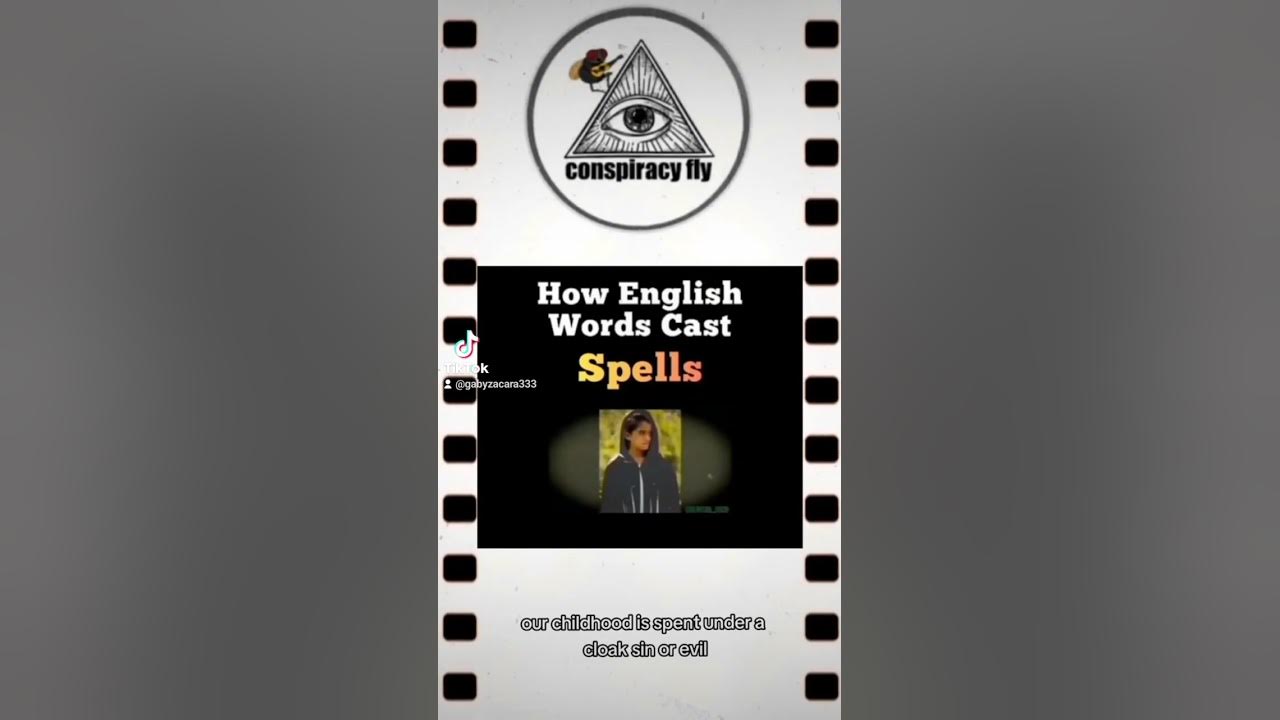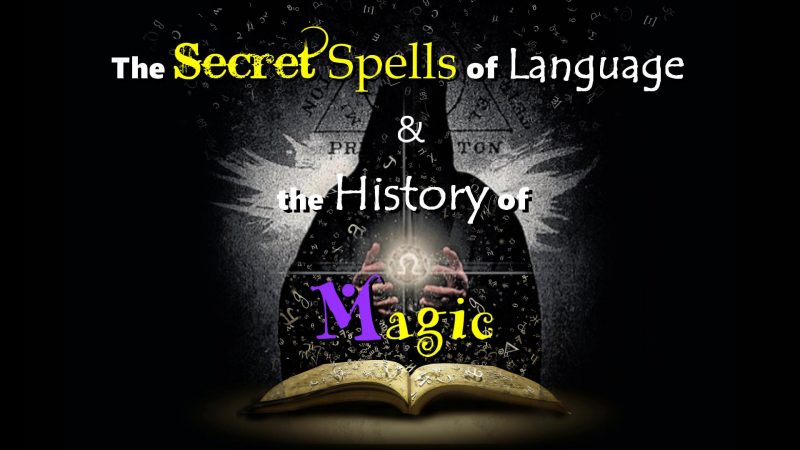The Secret Spells Of The English Language

Words That Whisper Secrets
Ever feel like language has a secret code? Like words are more than just sounds and letters? They kind of are!
Think of common phrases, like "Please" and "Thank you". They aren't just polite; they're miniature spells of social lubrication. Use them, and watch doors open (literally and figuratively!).
It's like a real-life cheat code. Simple, yet effective.
The Power of Names
Names are weird. They're labels, sure, but they also carry weight. Your own name, for example, probably evokes specific feelings.
Consider how powerful a celebrity's name can be. Instantly recognizable, loaded with associations, a brand in itself. They're basically mini-incantations of fame.
And what about nicknames? They can be terms of endearment or playful jabs. They create a sense of belonging.
Grammar: The Unsung Sorcery
Grammar? Sounds boring, right? But it's the very structure that holds our linguistic spells together.
Without it, communication crumbles. "Dog bites man" is different from "Man bites dog," and grammar is the difference!
It's a set of rules that allows you to conjure up stories, arguments, and jokes. It's not just rules; it’s a framework for making magic.
The Magic of Metaphor
Metaphors are sneakier. They are linguistic shape-shifters. They allow you to describe something by comparing it to something else entirely.
“Time is money,” for example. Is it really? Of course not! But the metaphor helps us understand the value of time.
They're like little thought experiments that make your descriptions more vivid and engaging. Even Shakespeare was a fan:
"All the world's a stage..."
Words as Weapons (and Shields!)
Words can hurt, we all know that. But they can also defend, inspire, and heal.
Think of a well-timed compliment. Or a heartfelt apology. Those are linguistic bandages, soothing wounds and mending relationships. Sometimes, kindness is the most powerful spell of all.
And what about insults? Best to avoid those dark arts. But knowing how they work is important.
The Evolving Spellbook
The English language is always changing. New words pop up all the time. Old ones fade away.
Think about how the word "literally" is now often used figuratively. It's maddening to some, but it shows how adaptable and fluid language can be. It's a constantly evolving spellbook.
So, next time you speak or write, remember that you're wielding a powerful tool. A tool capable of great good, or great… well, you get the idea.
Unlock The Magic
So, embrace the secret spells of the English language! Experiment. Play. And most importantly, have fun with it.
Because language is not just a tool for communication. It's a canvas for creativity. It's a source of endless wonder.
Now go forth and cast your wordy spells! You might just surprise yourself with the results.


















